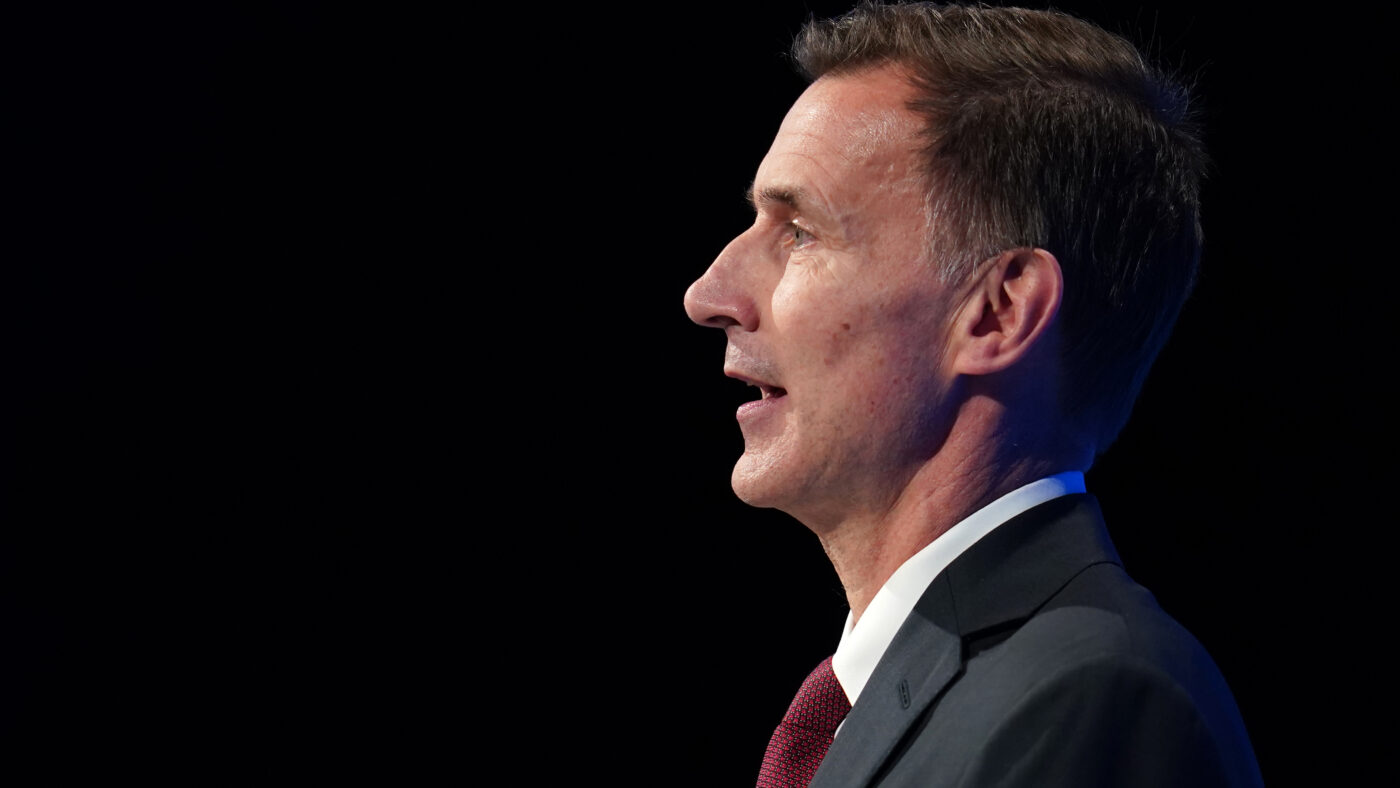Judging by the press coverage, Rishi Sunak and Jeremy Hunt have managed to pull off a fairly good Autumn Statement, at least so far – there is always scope for things to unravel as people pick through the details of the 110 measures announced yesterday.
Perhaps the biggest initial disappointment will have been the heavy media focus on so-called fiscal drag: the fact that many of Hunt’s cuts, such as the headline National Insurance reduction, are offset by inflation dragging people into higher income tax bands, even if their real incomes are flat or declining.
This is a genuine and long-running problem. But even so, a cut to NI funded by a de facto hike in income tax isn’t the worst. Distributionally, it concentrates the benefits on workers whilst shifting the burden towards those with other forms of income.
Compare that to the pernicious Social Care Levy, which proposed to impose extra taxes on working people to fund a service enjoyed exclusively by retirees, and yesterday’s announcement represents a welcome development in the government’s thinking.
The decision to announce such giveaways now, rather than holding them back for the Budget in May, has led to speculation that Sunak might be considering an early election, fuelled further by the revelation that CCHQ has been told to be on a war footing from January 1st.
Yet this seems very unlikely. It would certainly make sense for the Conservatives to go to the country in May if at all possible – if they don’t, they risk a miserable set of local elections slashing their councillor base and ground machine, and the unhappy task of coaxing ageing and unenthused voters to the polls in the winter darkness.
However, it’s hard to imagine the circumstances that would lead the Prime Minister to make this decision. If the Tories are still well behind in the polls, they might as well hold on and see if the universe sends anything to trip Labour up; if the polling position has improved significantly, why go early when the trend is good and you might win bigger later?
The only scenario that seems likely to lead to a May election is if the Conservatives have somehow recovered their poll lead. A lot can happen in six months, of course, but have you seen the latest immigration figures? Those are very long odds.
(We should also note that Hunt has created the ‘fiscal headroom’ for yesterday’s giveaways by promising eye-watering spending cuts in 2025/6 i.e. after the next election. He clearly doesn’t expect to be in any position to make them – but it will leave Labour with some nasty decisions to make if they do take office next year.)
Beyond that, there are other serious political headwinds which were bound to limit the effectiveness of even the most competently executed Autumn Statement.
First, there’s simply not much time left in this Parliament. That means there is limited scope for voters to feel the benefits of any tax cuts, and almost no chance of any supply-side measures, such as the proposed relaxation of planning rules on converting houses into flats, to take effect.
Second, there’s the inescapable fact that the overall economic picture remains atrocious. Household incomes are being squeezed, and voters are facing the most serious fall in living standards since the middle of the last century.
Moreover, the Bank of England has announced that interest rates will remain high next year. This is bad news for the 1.6 million mortgage-holders who will have to renegotiate their deals in 2024, locking in much higher monthly outgoings for years to come. It’s thus bad news for the government, especially as those homeowners most exposed are those who have bought their homes in the past decade.
Finally, there’s the simple fact that the Conservatives have been in office for 13 years, which makes it extremely difficult to plausibly strike political poses that don’t match their record. It’s all very well to talk about being low-tax Tories, but even after yesterday the overall taxation rate remains at an historic high.
As a result, the party’s latest efforts to paint Labour as a dangerous high-tax alternative will likely prove much less effective than John Major’s in 1992, when taxes were actually low and millions of voters thought they were doing well out of the Conservatives’ stewardship of the economy.
But if the political gains are probably limited, it is worth praising Hunt for what may prove the most important structural change of his chancellorship. The decision to make full expensing permanent is a really substantial shift in the way this country taxes business, and holds out hope that we may finally start to see the sustained investment needed to tackle the UK’s woeful productivity.
As Labour have indicated that they will retain this reform, it looks set to become a consensus position and thus a secure, long-term change. That alone might give Hunt an honourable record in Number 11, long after the giveaways and tactical games have been forgotten by history.
Click here to subscribe to our daily briefing – the best pieces from CapX and across the web.
CapX depends on the generosity of its readers. If you value what we do, please consider making a donation.


